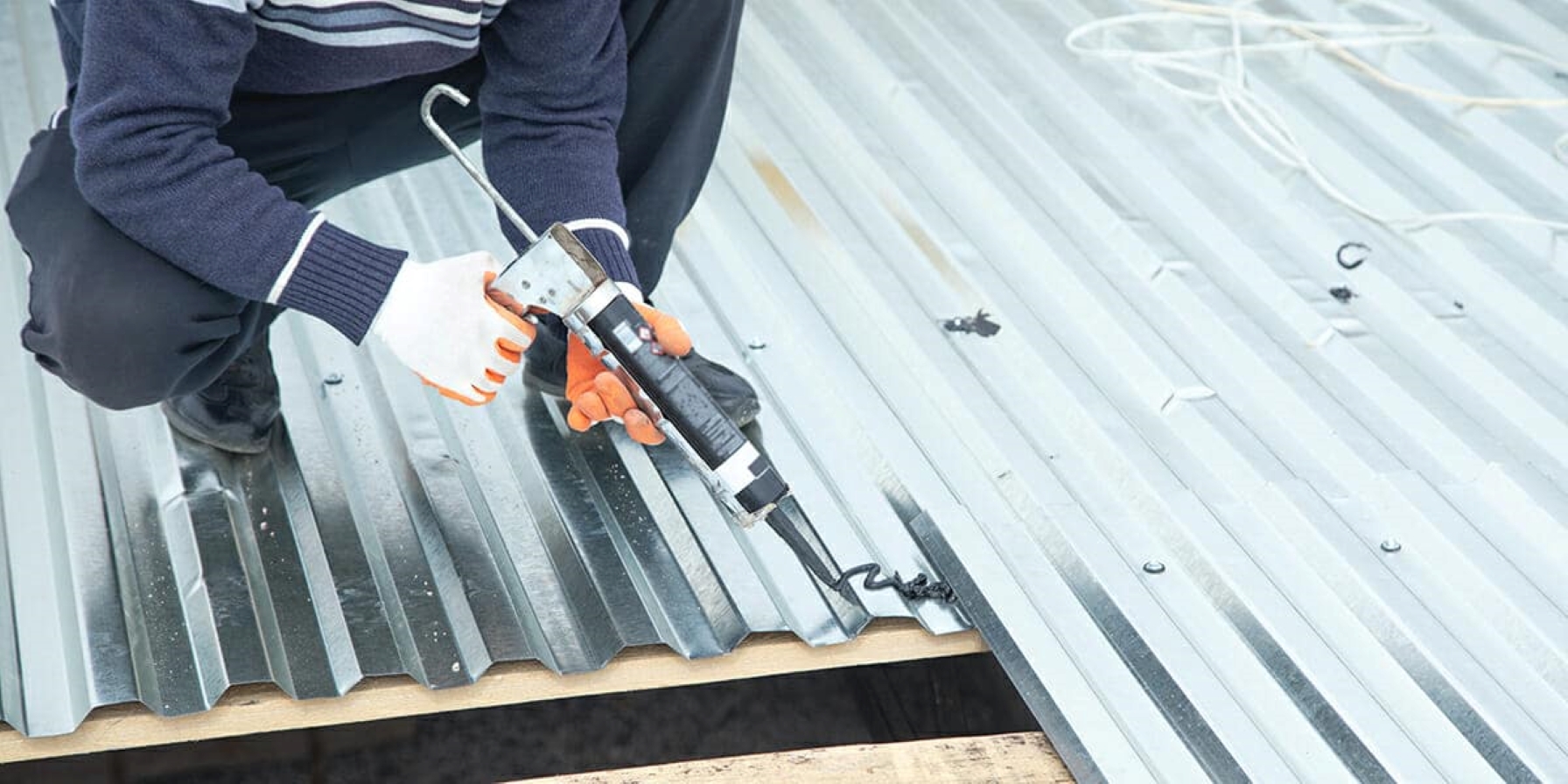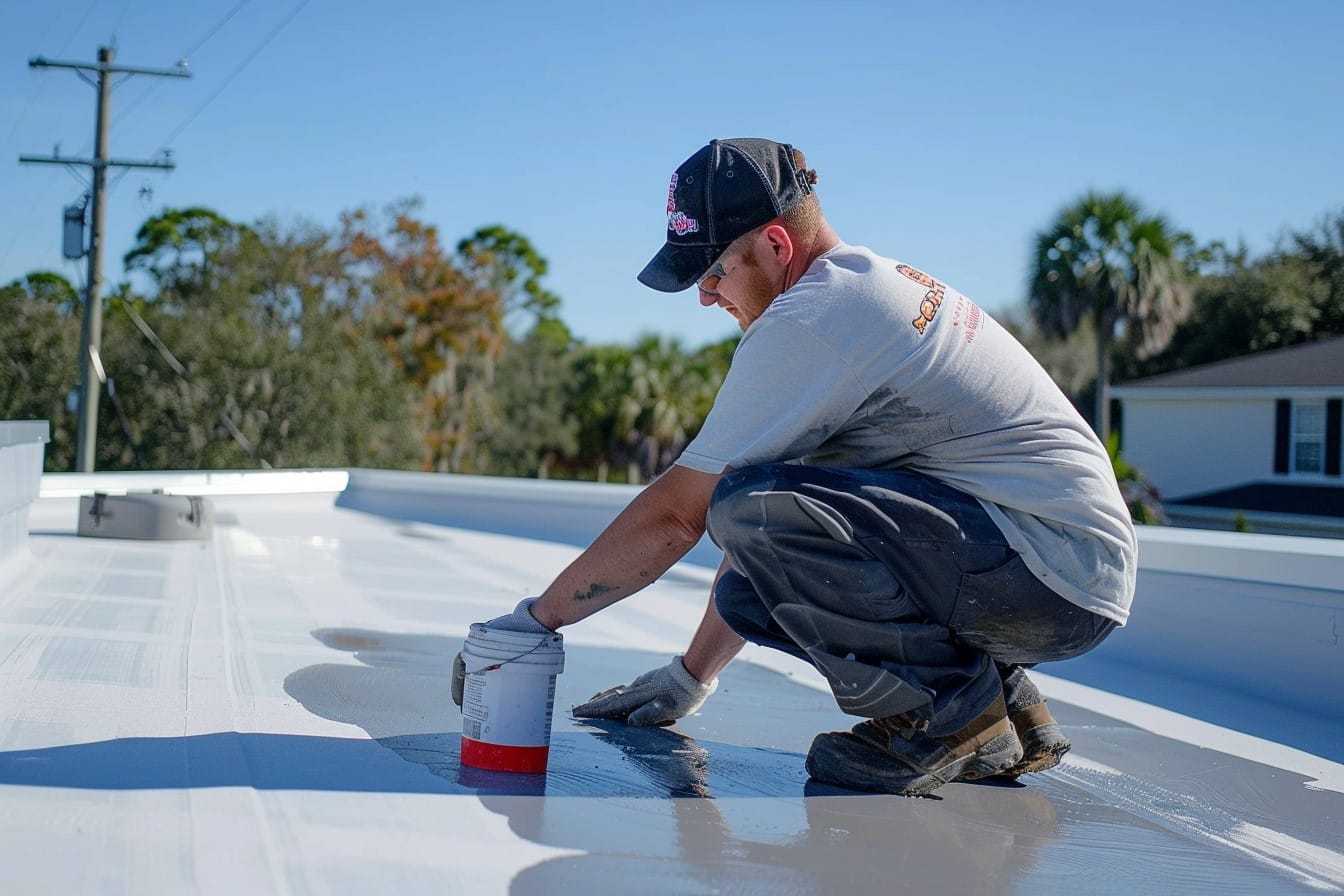When considering to replace your roofs, homeowners often wonder if general contractors in Florida can handle the task. This comprehensive blog explores the role of general contractors in roof replacements, highlighting key considerations, benefits, and challenges. Understanding the intricacies of this topic can help you make informed decisions about your roofing needs.
What is a General Contractor?
A general contractor is a professional responsible for overseeing and coordinating construction projects. Their duties include managing labor, sourcing materials, and ensuring compliance with building codes. In Florida, general contractors must be licensed and adhere to state-specific regulations.
Key Responsibilities of General Contractors:
- Project management
- Hiring and supervising subcontractors
- Ensuring safety and compliance
- Sourcing and managing materials
- Overseeing project timelines and budgets
Can General Contractors Replace Roofs?
Yes, general contractors can replace roofs in Florida, provided they meet certain conditions. They must possess the appropriate licenses and qualifications to perform roofing work. In Florida, the general contractor license allows for roof replacements if the contractor holds the necessary roofing certification.

Key Requirements:
- Valid Florida general contractor license
- Roofing certification or license
- Adherence to state and local building codes
Benefits of Hiring a General Contractor for Roof Replacement
General contractors bring a wealth of experience and knowledge to roof replacement projects. Here are some benefits of hiring a general contractor for this task:
- Comprehensive Project Management:
- General contractors manage every aspect of the project, from planning to execution, ensuring a smooth process.
- Skilled Workforce:
- They hire and supervise skilled labor, including specialized roofers, to ensure quality workmanship.
- Material Sourcing:
- General contractors have established relationships with suppliers, often securing materials at better prices.
- Regulatory Compliance:
- They ensure that the project adheres to all relevant building codes and regulations, avoiding potential legal issues.
- Warranty and Insurance:
- Hiring a licensed contractor typically comes with warranties and insurance coverage, providing peace of mind.

Challenges and Considerations
While general contractors offer many advantages, there are also some challenges and considerations to keep in mind:
- Licensing and Certification:
- Verify that the contractor holds the necessary licenses and certifications to perform roofing work in Florida.
- Experience and Expertise:
- Ensure the contractor has specific experience in roof replacements to avoid subpar results.
- Cost:
- General contractors may charge more due to their comprehensive services. It’s essential to compare quotes and services.
Choosing the Right Contractor
Selecting the right contractor for your roof replacement is crucial. Here are some tips to help you make an informed choice:
- Check Credentials:
- Verify the contractor’s licenses, certifications, and insurance coverage.
- Review Past Projects:
- Ask for references and review past projects to assess their quality of work.
- Compare Quotes:
- Obtain multiple quotes to compare costs and services offered.
- Communication:
- Choose a contractor who communicates clearly and regularly throughout the project.

The Process of Roof Replacement
Understanding the roof replacement process can help you prepare and set realistic expectations. Here’s a step-by-step overview:
- Initial Assessment:
- The contractor conducts a thorough assessment of your roof to determine its condition and needs.
- Planning:
- A detailed plan is created, outlining the scope of work, materials needed, and timeline.
- Material Selection:
- The contractor helps you choose the best roofing materials based on your preferences and budget.
- Removal of Old Roof:
- The old roofing materials are removed carefully to prepare for the new installation.
- Installation:
- The new roofing materials are installed, following industry best practices and local building codes.
- Final Inspection:
- A final inspection ensures the roof is installed correctly and meets all safety and quality standards.
Roof Replacement in Florida: Key Considerations
Florida’s unique climate poses specific challenges for roofing. Here are some considerations for roof replacement in the Sunshine State:
- Weather Resistance:
- Choose materials that can withstand hurricanes, heavy rains, and intense sunlight.
- Energy Efficiency:
- Consider energy-efficient roofing options to reduce cooling costs.
- Ventilation:
- Proper ventilation is crucial to prevent moisture buildup and extend the roof’s lifespan.
- Building Codes:
- Ensure the contractor adheres to Florida’s strict building codes for roofing.
FAQs
Can any general contractor replace a roof in Florida?
Not all general contractors can replace roofs. They must hold the necessary roofing certification and adhere to state regulations.
What should I look for in a general contractor for roof replacement?
Check for valid licenses, relevant experience, insurance coverage, and positive references.
How long does a roof replacement take?
The duration varies based on the roof’s size and complexity but typically ranges from a few days to a week.
What materials are best for Florida roofs?
Materials like metal, tile, and high-quality asphalt shingles are ideal for Florida’s climate due to their durability and weather resistance.
How can I maintain my new roof?
Regular inspections, cleaning gutters, and addressing minor repairs promptly can help maintain your roof’s condition.
Conclusion
General contractors can indeed replace roofs in Florida, offering comprehensive services that ensure quality and compliance. By understanding the benefits and challenges, you can make an informed decision and choose the right contractor for your roofing needs. Remember, a well-maintained roof not only protects your home but also enhances its value and aesthetic appeal.


